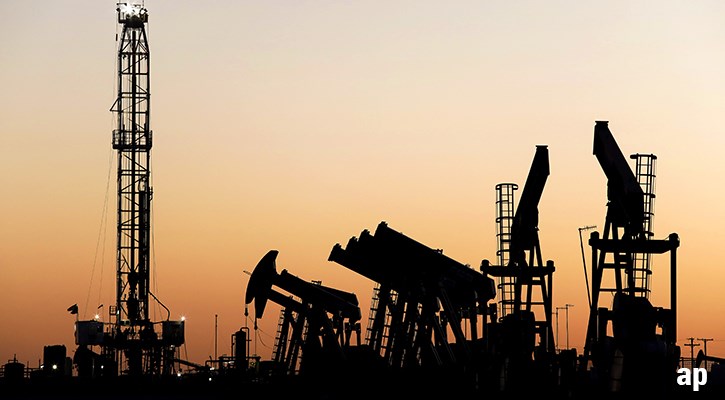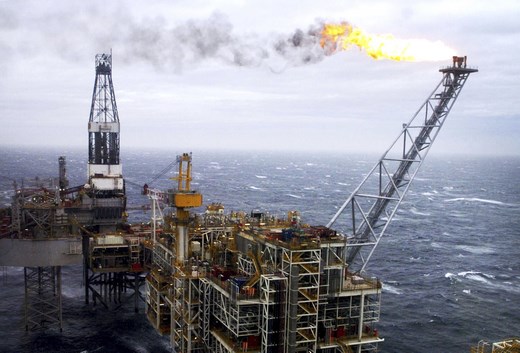
Energy prices are soaring across the UK and Europe, alarming consumers and goverments alike. It is set to be a tough winter for many, with a disparity between supply and demand that has led to record high prices, driving inflation.
So where and how is Europe’s energy produced? Thanks to data from the European Commission, we’re able to figure out the biggest energy producers in Europe, as well as which energy products they produce, whether that’s oil, natural gas or renewable energy.
According to Eurostat, the EU’s hub for data and statistics, EU countries produce around 39% of their own energy while 61% is imported. This varies by country of course: the UK depends on imports for about 35% of its energy, according to 2019 numbers, while Ireland imports 68%, Italy 77% and Iceland 16%. And somewhat unsurprisingly, Norway exports almost 600% more than its usage.
European Energy
Digging into the data, we’ve looked at what energy Europeans tend to use, too. The 2019 numbers show that the majority of the energy comes from five different sources: petroleum products including crude oil (36%), natural gas (22%), renewable energy (15%), nuclear energy and solid fossil fuels (both 13%).
Most countries in Europe are ruled by fossil fuel usage, including the UK, Spain, Germany and Denmark.
In our map, we have highlighted which countries have the biggest energy balances (the difference between energy produced and imported) which is based on Eurostat’s measurement unit: a thousand tonnes of oil equivalent. Germany is comfortably ahead of other countries in available energy with a balance of 306,973, followed by France at 253,116 and the UK at 184,968. At the other end of the scale, smaller countries have smaller amounts available: Montenegro, Albania and Kosovo have 1,112, 2,386 and 2,668 thousand tonnes available respectively. Montenegro imports 33%, Albania 32% and Kosovo 31%.
Weaker Renewable Generation
According to Morningstar’s equity analysts, natural gas prices are a result of greater power generation demand, weaker renewable generation and less coal/nuclear supply, alongside lower inventories after the cold 2021 winter.
Jeremy Gatto, multi-asset investment manager at Unigestion, adds that the crisis will not be solved overnight either as the sector will need time to react. “The UK ranks as one of the lowest in Europe for natural gas storage capacity – less than 1% of Europe’s stored gas is held in the UK. Much of Europe therefore depends on external supply sources, notably from Russia. Sky-high energy prices are creating further price pressures by pushing some UK energy companies out of business.”
Moreover, a large part of the UK’s electricity is generated by gas-fired power plants and recently, the main power cable used to import electricity from France was destroyed in a fire.
“Interestingly enough, one of the main reasons why we are in this situation today is the lack of investment over the last decade due to the push towards a ‘green’ revolution. Sadly, the current power crisis is pushing many countries to return to one of the most polluting methods of energy production: coal burning," Gatto says.
Morningstar analysts do however believe integrated oil companies such as Shell, Total and BP, which are making natural gas a centrepiece of their energy transition, stand to benefit not only in the short term from higher earnings, but also in the long term.
Simon Gergel, portfolio manager of the Merchants Trust (MRCH), adds that it is important to remember that the world still relies on fossil fuels for over 80% of its energy. “The demand for energy is very likely to continue to grow over time as emerging economies develop and industrialise. Although there is going to be a transition away from fossil fuels, the high capital intensity of the energy industry means this is going to take a very long time and require huge investments.”


























